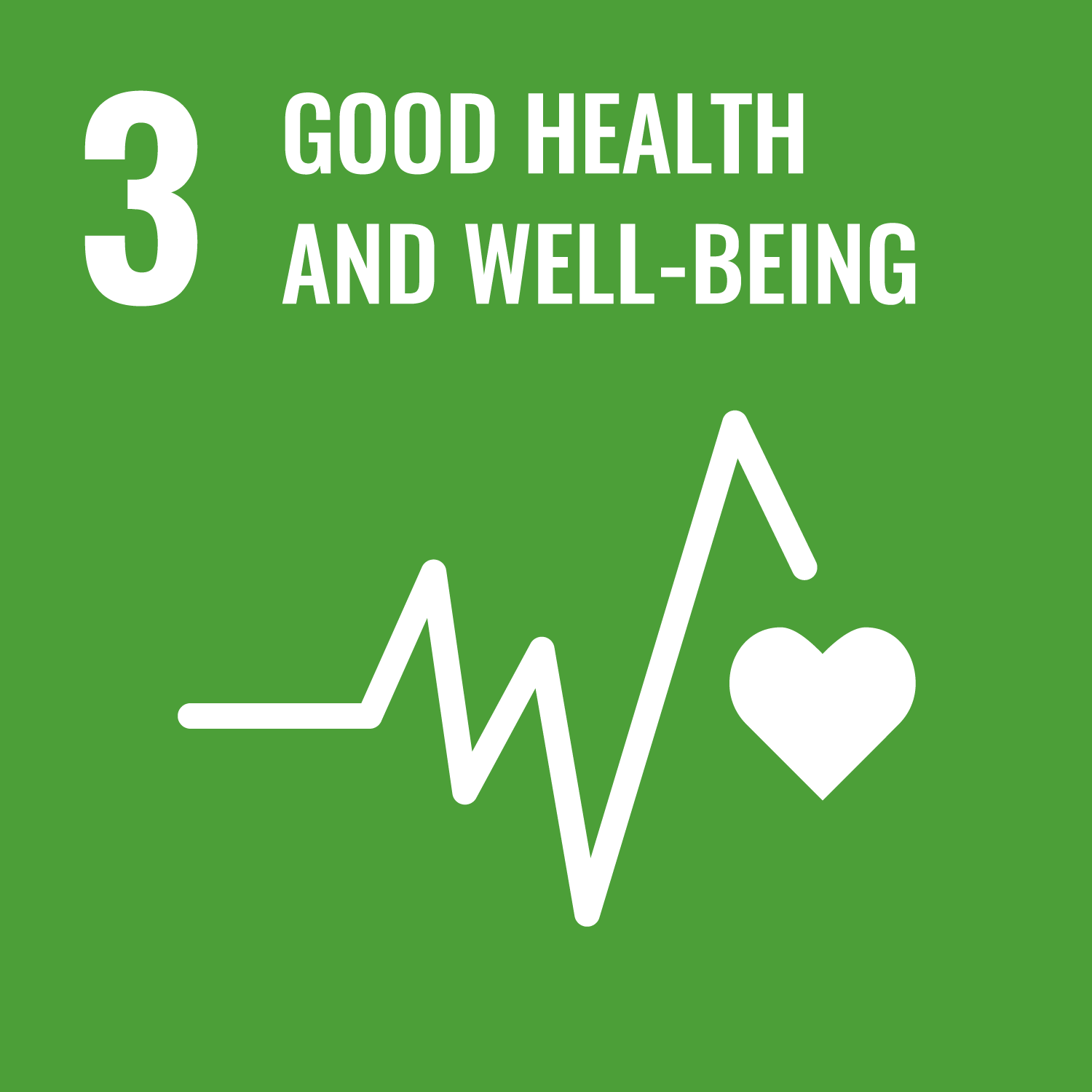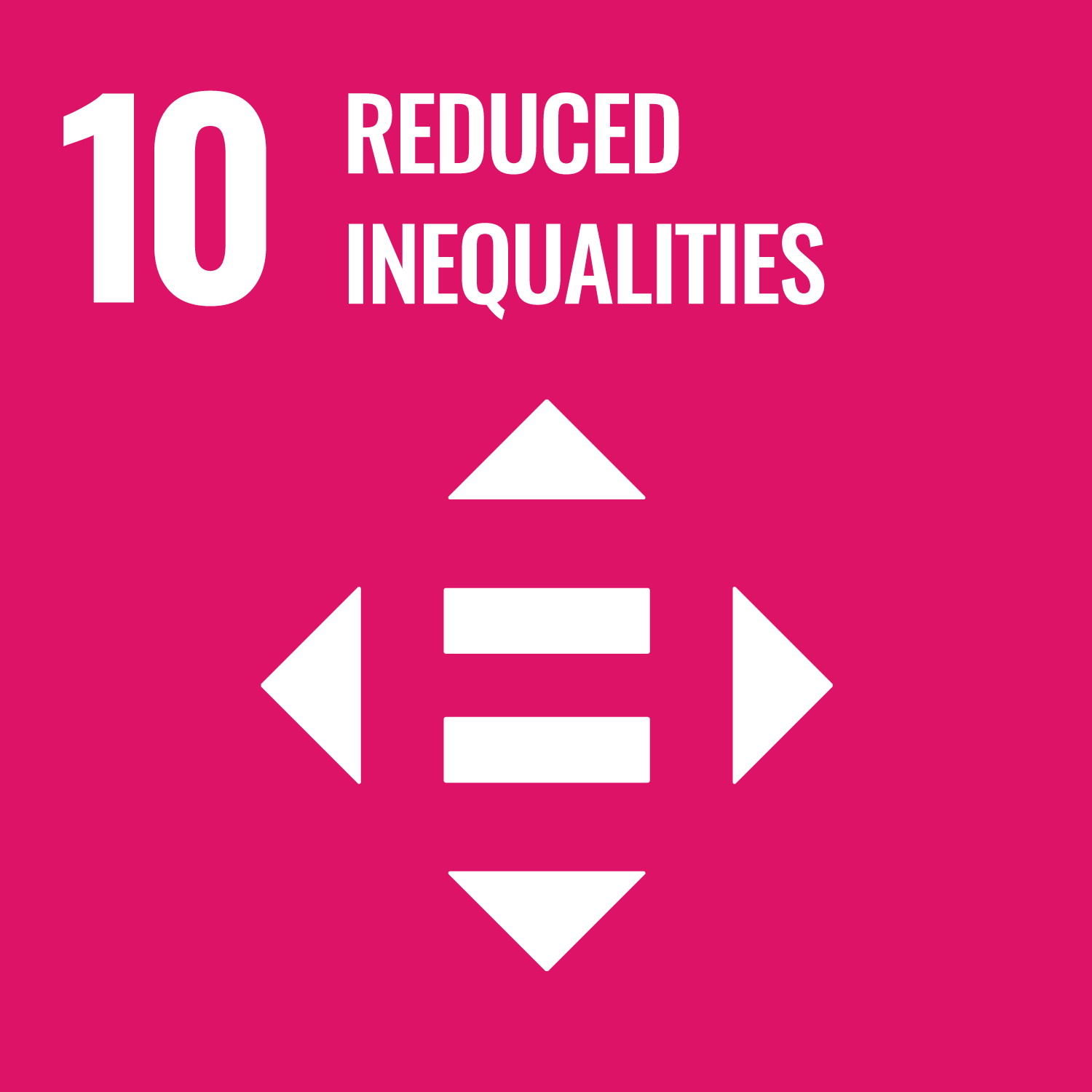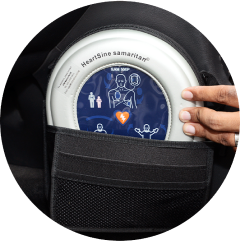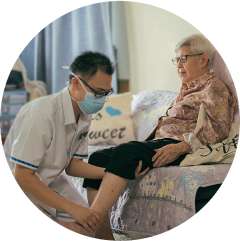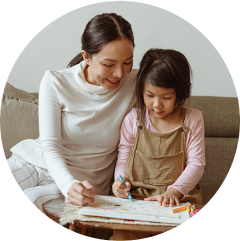Synergies in Communities
Eradicating a “Silent Killer” in Singapore with Vaccination
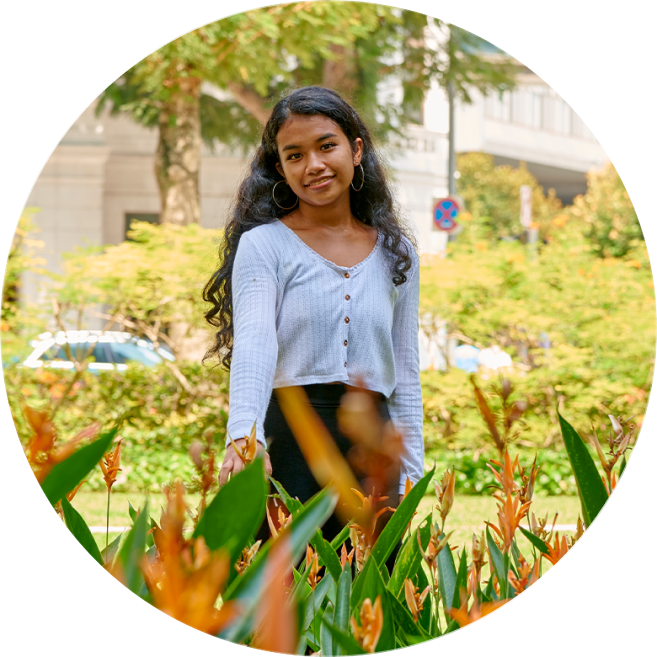
Synergies in Communities
Eradicating a “Silent Killer” in Singapore with Vaccination
“The thought of getting cervical cancer has never crossed my mind,” said Farhana Juhar emphatically. But she was spurred on to take the human papillomavirus (HPV) vaccine to protect herself against cervical cancer even though she had some concerns about the vaccination.
“I read about a cervical cancer advocate who encouraged men and women to get their HPV vaccination. She shared how her experience with cervical cancer affected her fertility significantly and because of that, I felt compelled to act and not be complacent,” explained the 22-year-old computer science undergraduate, whose mother also supported her decision to receive the vaccination.
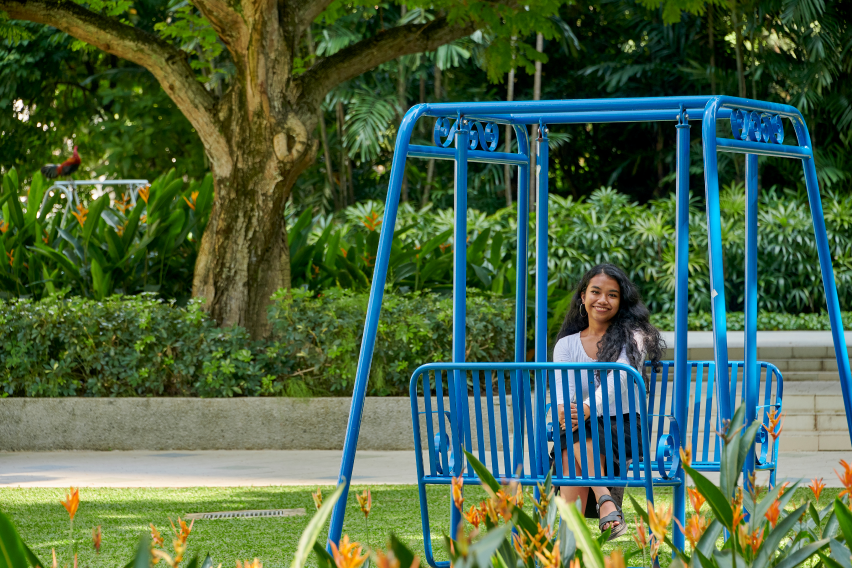
Farhana is one of the beneficiaries of the Temasek Foundation HPV Immunisation Programme, developed in partnership with the Singapore Cancer Society (SCS), that provides the HPV vaccine at no cost to eligible women from low-income families.
As a blue Community Health Assist Scheme (CHAS) card holder, Farhana did not have to pay for her HPV vaccination.
Overcoming Cervical Cancer
Like Farhana, 39-year-old Lilian Tan did not know much about cervical cancer. So, it came as a shock when she was diagnosed with cervical cancer at the age of 36 in 2019.
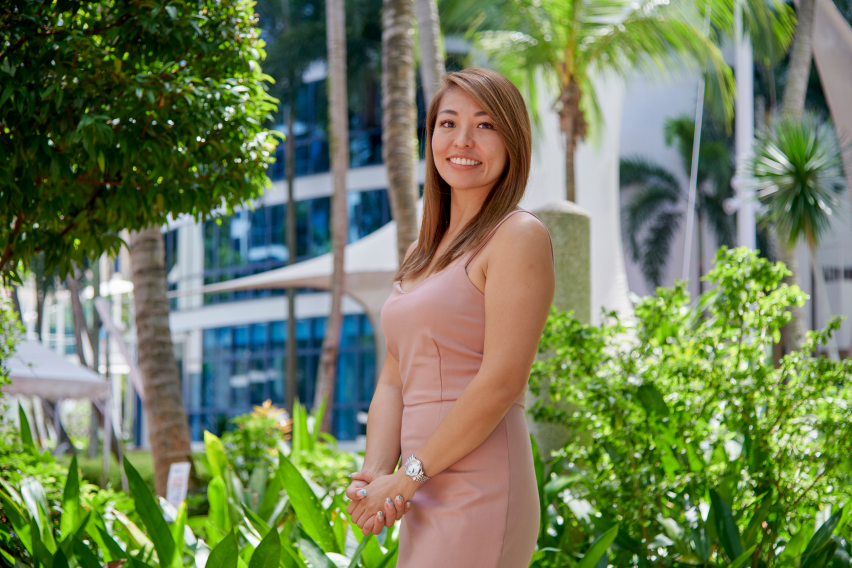
“I had no pain, no symptoms at all. I even had regular menstruation,” shared the bubbly mother of two. She also felt the fittest she had ever been in her life – exercising regularly because of her job as a part-time wellness coach.
At that time, Lilian had spontaneously signed up for a full health screening package as a birthday gift to herself, but her Pap smear results showed that there were abnormal changes in the cervical cells, and further tests later indicated the possible presence of HPV.
Unfortunately, Lilian was subsequently diagnosed with early-stage cervical cancer.
To prevent the cancer from spreading, Lilian went for a radical hysterectomy – a surgery to remove her uterus, fallopian tubes, and some tissues around her cervix. While the surgery was a life-saving procedure, Lilian is no longer able to have more children.
With hindsight, she now encourages individuals to be vaccinated against cervical cancer and go for regular check-ups.
Reflecting on her health scare, she shared, “I felt angry. Why did I neglect my own body? Why didn’t I go for a check-up earlier so that I would not have to go through surgery and recovery?”
“Who knows, if I had the HPV vaccination, I would still have my womb and maybe have a few more kids,” she said regretfully.
A Cause for Concern
According to Dr Timothy Lim, Chairman of the SCS Women’s Gynaecological Cancer Awareness Committee, cervical cancer is cause for concern in Singapore. As one of the top 10 cancers affecting women in Singapore, cervical cancer is also the fourth leading cause of death in women between the ages of 15 and 44.
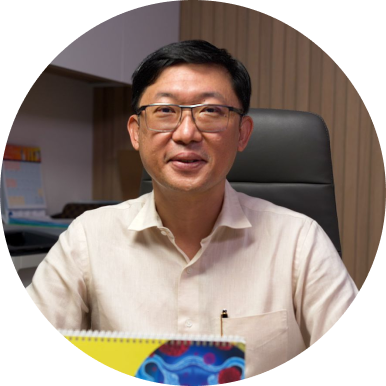
Many people will get infected by the HPV virus at some point in their life. There are more than 100 types of HPV, but only 14 types are considered high-risk that can lead to cervical cancer. 95% of cervical cancers are caused by these high-risk types of HPV,” Dr Lim explained.
Research has shown that HPV vaccination is effective in reducing the incidence of pre-cancer and cervical cancer. Yet, despite the vaccine’s effectiveness, many women are still not vaccinated. A survey commissioned by Temasek Foundation found that the HPV vaccination rate was low at 19.2%. This figure was even lower among the low-income groups, with cost and vaccination location accessibility as key deterrents to getting vaccinated.
“For the HPV vaccine to be effective, it is important to be vaccinated when you are young. In fact, as early as nine years old,” added Dr Lim.
“The earlier you take the vaccine, the better it is.”
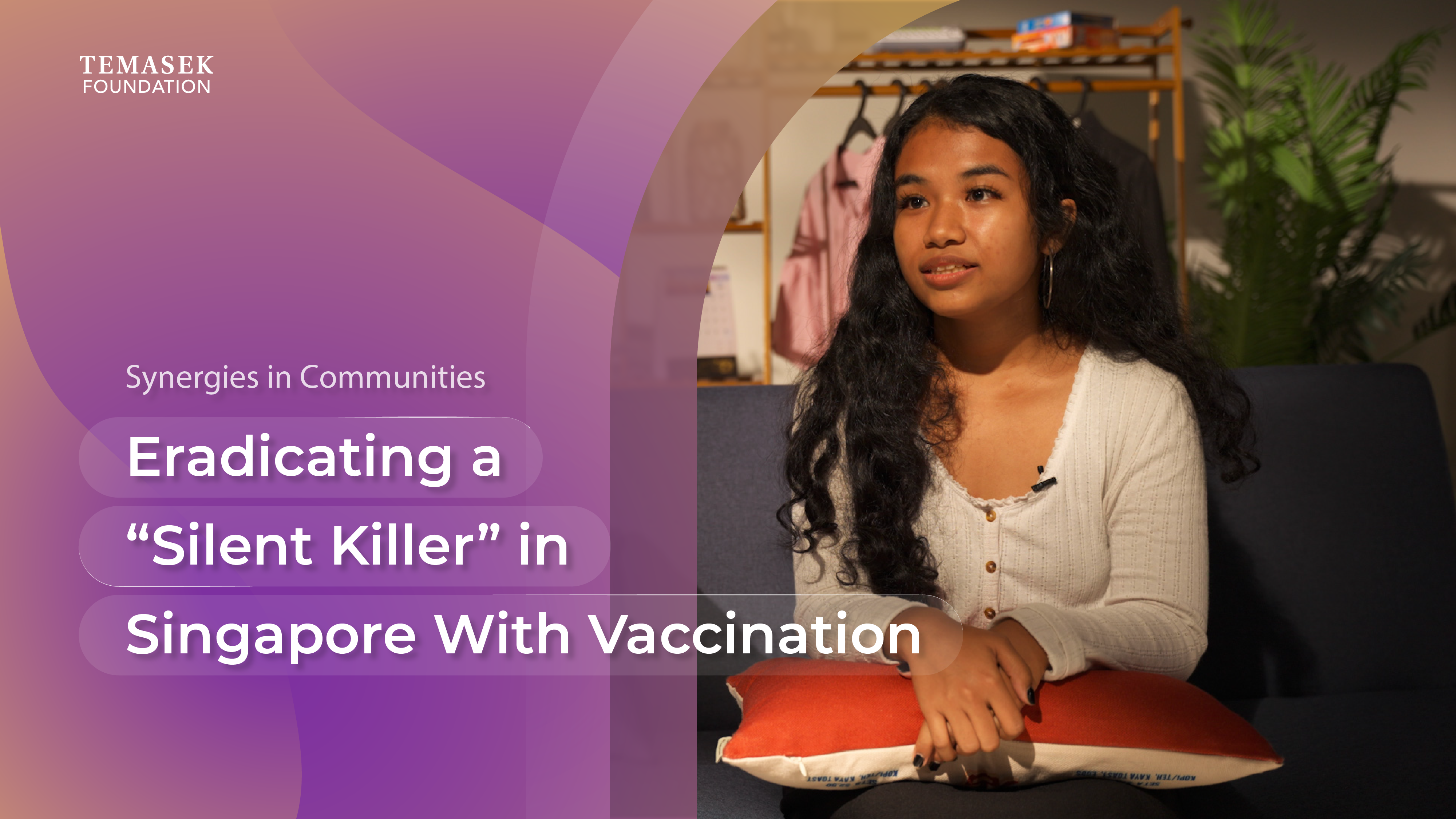
Temasek Foundation Human Papillomavirus (HPV) Immunisation Programme
The Singapore Cancer Society and Temasek Foundation launched the Temasek Foundation HPV Immunisation Programme to encourage women to be vaccinated.
Unvaccinated Singaporean women between 18-26 years old with Blue or Orange Community Health Assist Scheme (CHAS) cards, and female CHAS card holders between 27-45 years old who have received their first dose, are eligible for this programme. The vaccination is available at 300 General Practitioner clinics islandwide. Close to 31,000 women are expected to benefit from it.
Recognising the importance of HPV infection prevention, the Ministry of Health started to provide HPV vaccination to all 13-year-old females in mainstream and special education schools in 2019. The Temasek Foundation HPV Immunisation Programme complements this national initiative by providing the vaccination to females within the recommended age range but who were not able to benefit from the school-based HPV vaccination programme.
“The thought of getting cervical cancer has never crossed my mind,” said Farhana Juhar emphatically. But she was spurred on to take the human papillomavirus (HPV) vaccine to protect herself against cervical cancer even though she had some concerns about the vaccination.
“I read about a cervical cancer advocate who encouraged men and women to get their HPV vaccination. She shared how her experience with cervical cancer affected her fertility significantly and because of that, I felt compelled to act and not be complacent,” explained the 22-year-old computer science undergraduate, whose mother also supported her decision to receive the vaccination.

Farhana is one of the beneficiaries of the Temasek Foundation HPV Immunisation Programme, developed in partnership with the Singapore Cancer Society (SCS), that provides the HPV vaccine at no cost to eligible women from low-income families.
As a blue Community Health Assist Scheme (CHAS) card holder, Farhana did not have to pay for her HPV vaccination.
Overcoming Cervical Cancer
Like Farhana, 39-year-old Lilian Tan did not know much about cervical cancer. So, it came as a shock when she was diagnosed with cervical cancer at the age of 36 in 2019.

“I had no pain, no symptoms at all. I even had regular menstruation,” shared the bubbly mother of two. She also felt the fittest she had ever been in her life – exercising regularly because of her job as a part-time wellness coach.
At that time, Lilian had spontaneously signed up for a full health screening package as a birthday gift to herself, but her Pap smear results showed that there were abnormal changes in the cervical cells, and further tests later indicated the possible presence of HPV.
Unfortunately, Lilian was subsequently diagnosed with early-stage cervical cancer.
To prevent the cancer from spreading, Lilian went for a radical hysterectomy – a surgery to remove her uterus, fallopian tubes, and some tissues around her cervix. While the surgery was a life-saving procedure, Lilian is no longer able to have more children.
With hindsight, she now encourages individuals to be vaccinated against cervical cancer and go for regular check-ups.
Reflecting on her health scare, she shared, “I felt angry. Why did I neglect my own body? Why didn’t I go for a check-up earlier so that I would not have to go through surgery and recovery?”
“Who knows, if I had the HPV vaccination, I would still have my womb and maybe have a few more kids,” she said regretfully.
A Cause for Concern
According to Dr Timothy Lim, Chairman of the SCS Women’s Gynaecological Cancer Awareness Committee, cervical cancer is cause for concern in Singapore. As one of the top 10 cancers affecting women in Singapore, cervical cancer is also the fourth leading cause of death in women between the ages of 15 and 44.

Many people will get infected by the HPV virus at some point in their life. There are more than 100 types of HPV, but only 14 types are considered high-risk that can lead to cervical cancer. 95% of cervical cancers are caused by these high-risk types of HPV,” Dr Lim explained.
Research has shown that HPV vaccination is effective in reducing the incidence of pre-cancer and cervical cancer. Yet, despite the vaccine’s effectiveness, many women are still not vaccinated. A survey commissioned by Temasek Foundation found that the HPV vaccination rate was low at 19.2%. This figure was even lower among the low-income groups, with cost and vaccination location accessibility as key deterrents to getting vaccinated.
“For the HPV vaccine to be effective, it is important to be vaccinated when you are young. In fact, as early as nine years old,” added Dr Lim.
“The earlier you take the vaccine, the better it is.”

Temasek Foundation Human Papillomavirus (HPV) Immunisation Programme
The Singapore Cancer Society and Temasek Foundation launched the Temasek Foundation HPV Immunisation Programme to encourage women to be vaccinated.
Unvaccinated Singaporean women between 18-26 years old with Blue or Orange Community Health Assist Scheme (CHAS) cards, and female CHAS card holders between 27-45 years old who have received their first dose, are eligible for this programme. The vaccination is available at 300 General Practitioner clinics islandwide. Close to 31,000 women are expected to benefit from it.
Recognising the importance of HPV infection prevention, the Ministry of Health started to provide HPV vaccination to all 13-year-old females in mainstream and special education schools in 2019. The Temasek Foundation HPV Immunisation Programme complements this national initiative by providing the vaccination to females within the recommended age range but who were not able to benefit from the school-based HPV vaccination programme.
OTHER STORIES
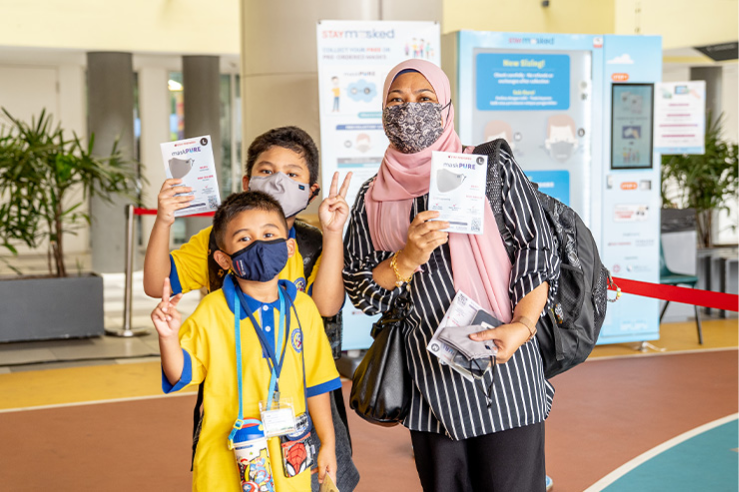
COVID-19 Initiatives
A Race Against Time to Fight a Deadly Virus
Equipping local and international communities with critical resources to keep them safe during the COVID-19 pandemic
READ MORE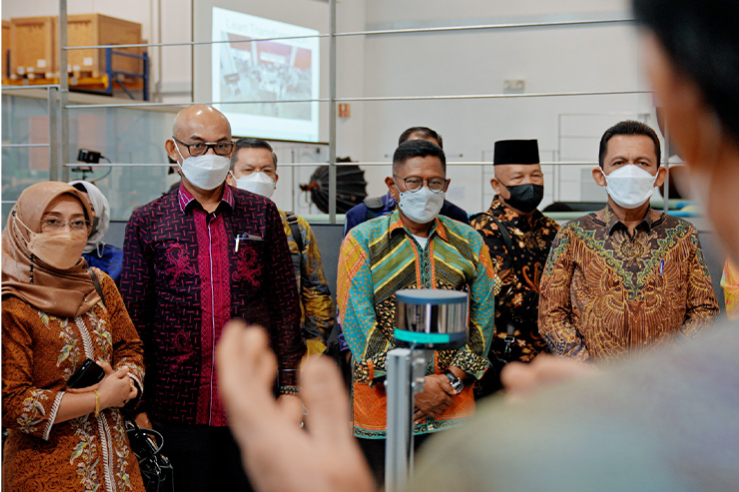
Synergies in Partnerships
Collaborating for Better Food Security
Improving food productivity and supply chain capabilities with Industry 4.0 principles
READ MORE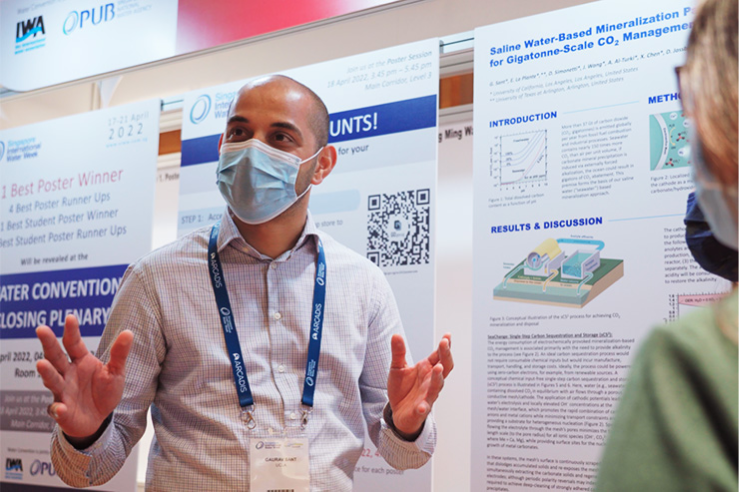
Synergies in Innovations
Engineering a SeaChange in Carbon Management
Developing a transformational technology to extract carbon dioxide from oceans and permanently store carbon by converting them into useful materials
READ MORE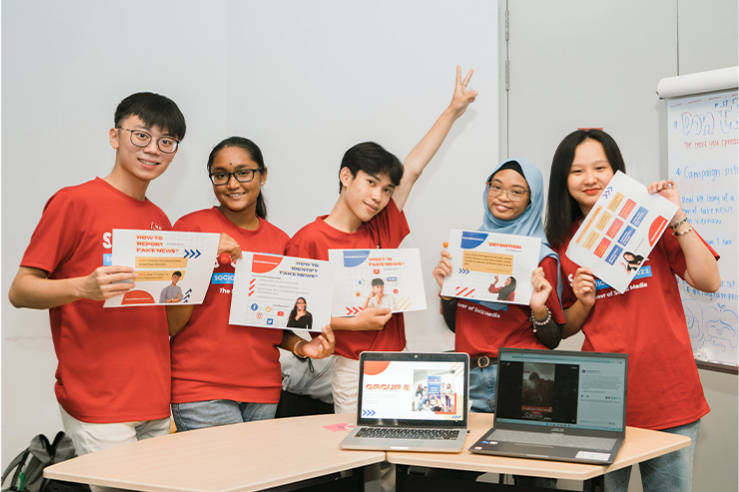
Youth Programmes
Nurturing a New Generation of Resilient Leaders
Supporting youth leaders to be future-ready
READ MORE